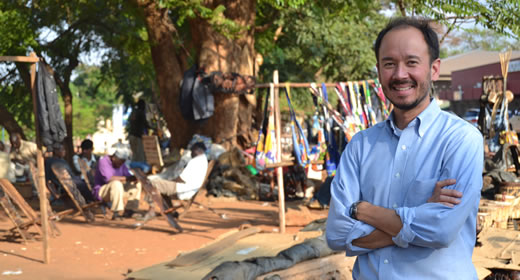
“Agriculture in Sub-Saharan Africa employs two-thirds of the labor force and generates about one-third of GDP growth,” writes Dean Yang in the introduction to “Facilitating savings from agriculture: field experimental evidence from Malawi,” a working paper soon to be published in Economic Development and Cultural Change.
The 2008 World Development Report suggests that GDP growth originating in agriculture can be four times more effective in reducing poverty than GDP growth from other sources. “For this reason,” writes Yang, “policies that foster agricultural productivity can have a substantial impact on food security and poverty reduction.”
While most microcredit programs are devoted to non-agricultural activities, Yang and colleagues wanted to study the impact of microfinance on agricultural development. They collaborated with Opportunity Bank in Malawi to implement a randomized trial of microsavings among Malawian tobacco farmers.
Randomly-selected farmers were offered assistance with opening formal bank accounts, into which they could have their crop proceeds deposited. Other farmers were randomly assigned to a control group, who were not offered any encouragement or assistance with opening bank accounts. Farmers offered the bank accounts ended up with higher savings and increased agricultural input usage. Yang and colleagues also found positive effects on subsequent crop sale proceeds and household expenditures.
Dean Yang is co-director of the Ford School's International Policy Center and an associate professor of public policy and economics. His research, designed to address global poverty, focuses on international migration, microfinance, health, corruption, and the economics of disasters.